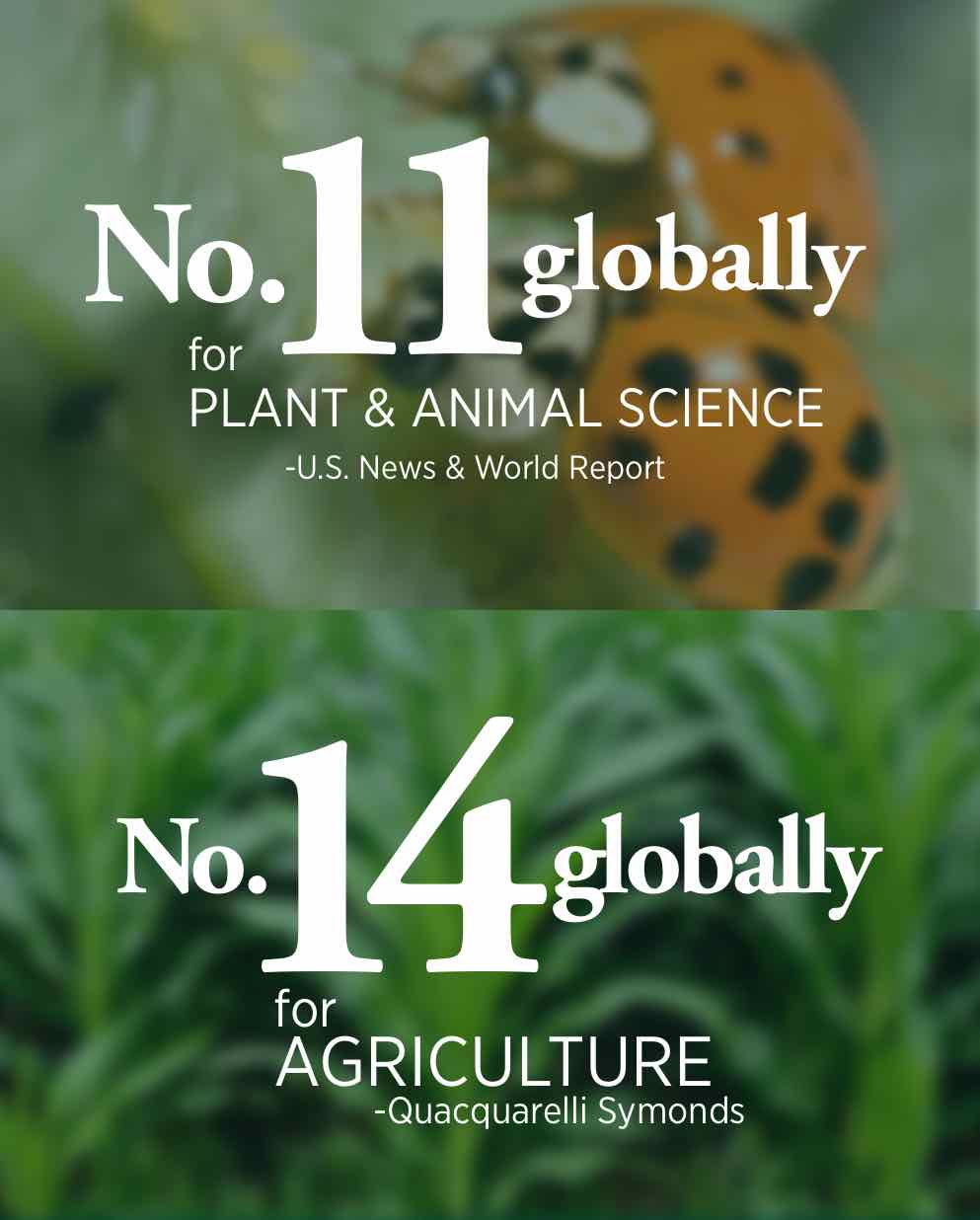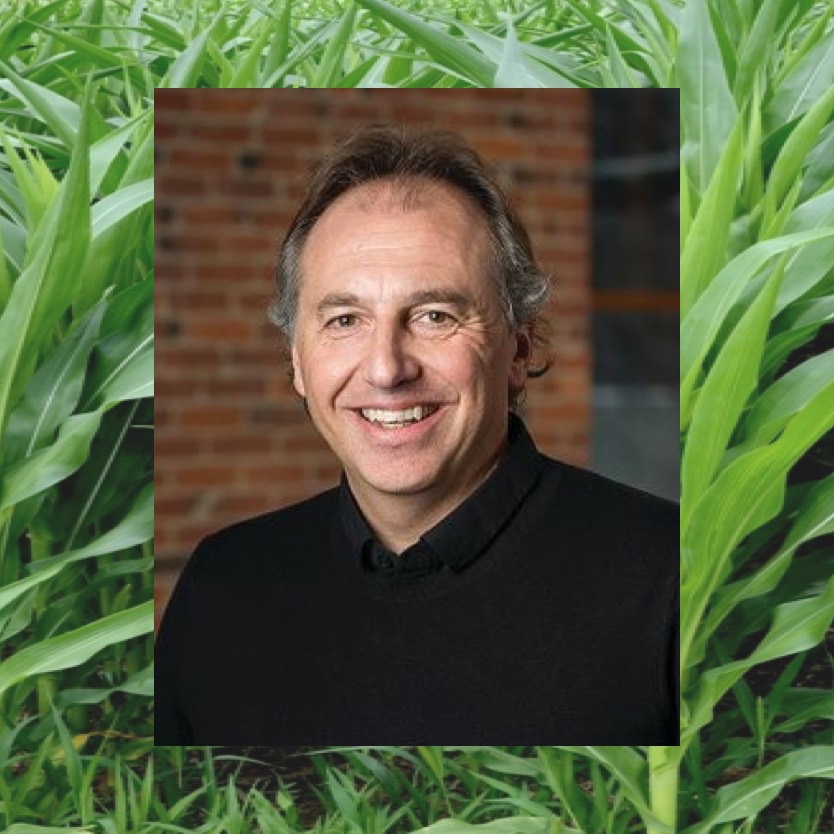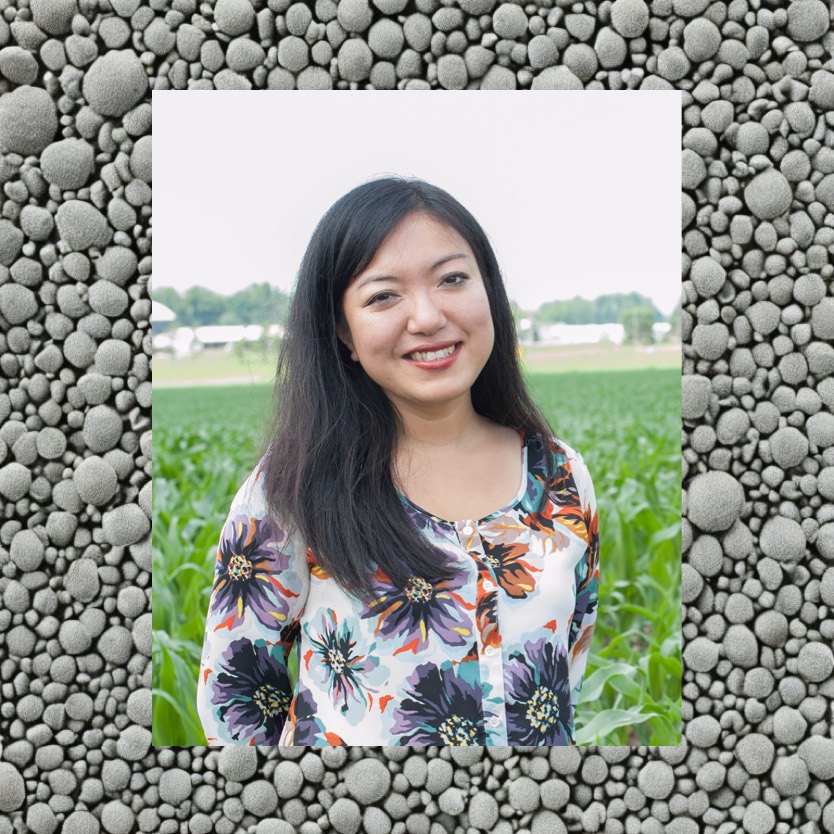Revealing hidden ways to improve farming
At MSU’s Kellogg Biological Station, researchers have been conducting experiments for more than three decades through its Long-Term Ecological Research program funded by the NSF. The program is dedicated to understanding the ecology of agricultural systems.
“Climate resilience is becoming increasingly urgent as climate change becomes more apparent,” says Phil Robertson, a University Distinguished Professor of plant, soil and microbial sciences at KBS. “Being able to tolerate drought, floods and heat has always been important but now it is becoming essential.”
Much of the research at the biological station falls under the term “ecosystem services.” These are the hidden benefits of sustainable and regenerative agricultural practices that support larger and more visible outcomes like resilient and high crop yields.
Robertson and his team study the fundamental reactions that take place in soil. The researchers apply this information to design better cropping systems using plants more resistant to drought and pests to sustain current crop production and increase future crop yields. For example, researchers have been observing the effects of farmers tilling versus not tilling their soil for decades, but until recently the team didn’t know why it took an average of 10 years of no till before farmers consistently saw positive results.
“Now, we have a pretty good idea of why it’s beneficial and takes so long,” Robertson says. “Not tilling the soil makes it more resilient to micro-droughts.”
Micro-droughts are extremely local drought events that are short-lived. Robertson and his team found that no-till soil has a greater variety of pores, which helps the soil retain more water overall. This is key to no-till farms surviving micro-droughts and more consistently producing higher crop yields over time.
KBS — one of North America’s premier inland field stations sitting on nearly 4,000 acres in southwest Michigan — is also a leader in biodiversity, conservation, greenhouse gas mitigation and soil and water quality research. All of these areas are important to crop success and the impact of farms on the environment. All of these are also affected by climate change.
“It’s important to understand the effects of individual farming practices on farm health now and under future climates,” says Robertson. “But it’s even more important to understand how different practices can act together to provide the benefits we expect from agriculture. That’s our aim.”
At MSU, researchers who study biology, plants, soil and ecosystems work together and are inspired by the interdisciplinary environment to take on the agriculture and global food challenges of tomorrow.
“People are willing to collaborate not just in my two departments, but pretty much all over the university. I think that's one of MSU’s greatest strengths,” Brandizzi says. “MSU is a very collaborative institution and it provides the tools, means and structure to make that happen.”











